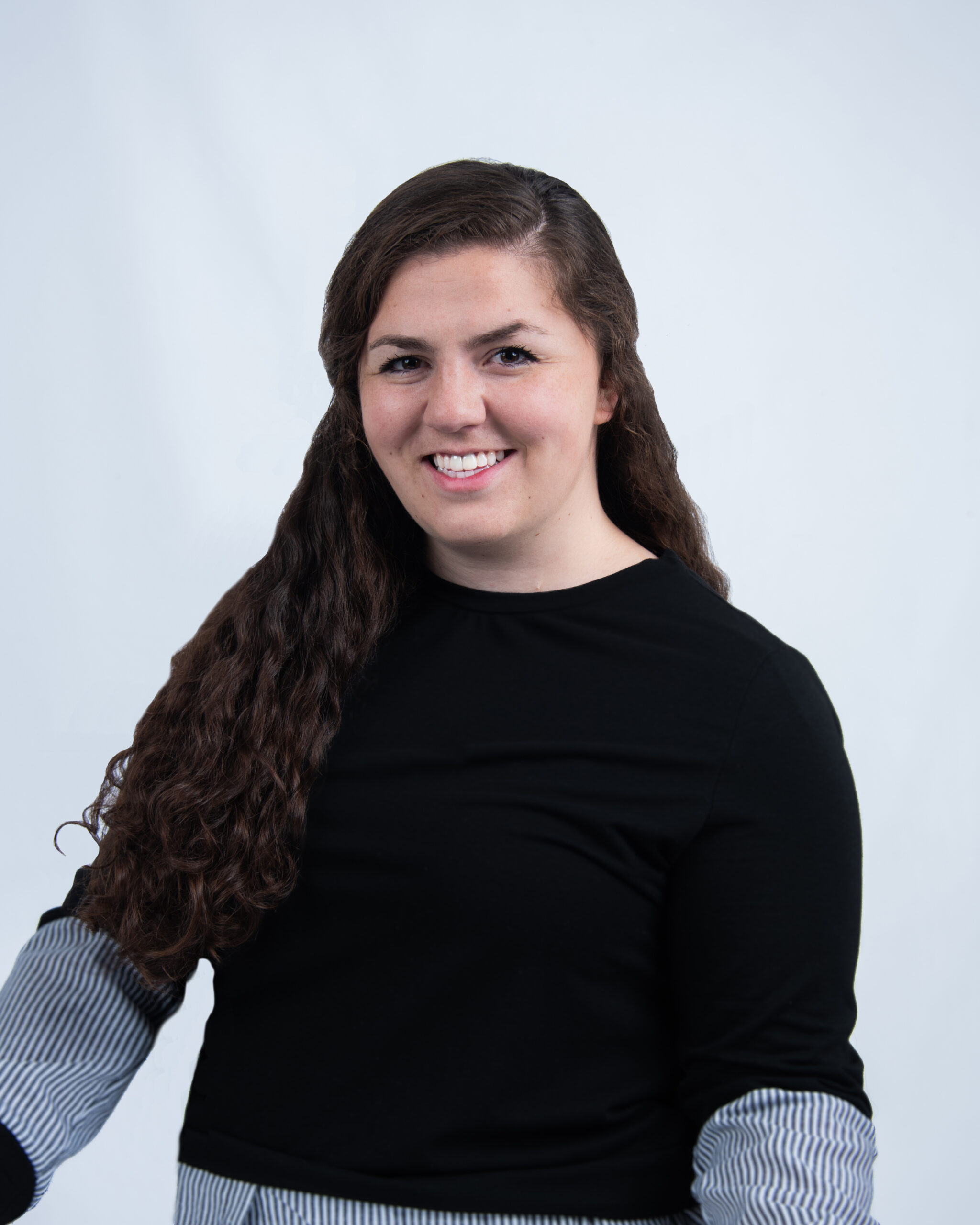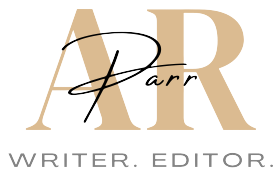Introduction
Choosing the right editor can feel like a daunting task, especially when you’re entering the writing field for the first time and figuring out the often-high costs associated with quality editing. Many writers wrestle with how to balance cost with quality, unsure if they should spend top dollar or if there’s a way to find great editing within their budget. But while editing services are an investment, the right editor can be transformative, helping you create a manuscript that’s polished, compelling, and true to your voice.
In this post, I’ll share why editing is an investment worth making, the factors that affect editing costs, and actionable tips to help you find an editor who can make your story shine without breaking the bank.



Why Is Editing So Expensive? A Breakdown of the Costs
To understand the costs associated with editing, it’s important to look at what editing entails and why quality editing isn’t cheap.
- Time and Effort: Editing is more than just correcting grammar and typos. A quality editor takes the time to understand your story, your voice, and your goals, and only then offers detailed, constructive feedback to help you achieve them. This level of attention requires both skill and time.
- Multiple Rounds of Editing: Most manuscripts go through several rounds of editing—developmental editing for structure and content, line editing for language and flow, and copyediting for grammar and accuracy. Each stage requires a different skill set, and some editors may specialize in one area, while others offer comprehensive packages.
Expertise and Experience: Seasoned editors bring years of experience to the table, including knowledge of publishing standards, genre-specific nuances, and an eye for what readers and publishers look for. This expertise doesn’t come cheap, but it often yields better results than a lower-cost, less experienced editor.
Why Higher Quality Editing Often Comes at a Higher Price
Editing is a specialized skill that takes years to develop, and the quality of an editor’s feedback is often directly related to their experience, training, and expertise. While it may be tempting to choose a more affordable editor, investing in an experienced editor with a track record of success can make a significant difference in the final quality of your manuscript.
For instance, Amber Parr Burdett’s background in editing includes over six years of professional experience, helping more than 300 authors shape their manuscripts. Her work extends across three universities and two reputable organizations, and she currently serves as a senior editor for an online university—a role that involves overseeing complex editorial projects and providing high-level guidance.
This level of expertise, combined with years of dedicated practice, allows Amber to offer a deeper level of editorial feedback and guidance than someone who may be newer to the field or who edits part-time. Her experience allows her to approach manuscripts strategically, with an eye for what agents, publishers, and readers are looking for. It also means she has the discernment to identify the core strengths of your manuscript and how best to amplify them.
Because of the time, effort, and specialized knowledge that Amber brings to each project, her rates reflect the higher quality of service. In addition, she is selective about the manuscripts she takes on, dedicating her time only to projects where she believes she can make a meaningful impact and work with authors who are ready for an in-depth editing experience. This selectivity ensures that each client receives her full attention, expertise, and commitment, meaning less clients but leading to a more personalized and higher-quality editorial partnership.
Tips for Finding a Reputable, Cost-Effective Editor
Here are some tips to help you find an editor who aligns with both your budget and your vision:
1. Know What Type of Editing You Need
There are different types of editing, each with its own focus and price range. Knowing which type you need can help you avoid unnecessary costs:
Developmental Editing: Focuses on big-picture elements like structure, pacing, character development, and plot consistency.
Line Editing: Hones your language, refining sentence structure, tone, and style for better readability and flow.
Copyediting: Concentrates on grammar, punctuation, and style consistency, ensuring accuracy without changing content.
Proofreading: The final check for typos and minor errors before publication.
Tip: If you’re on a tight budget, consider whether you might need only a specific type of editing. For example, if you’ve received positive feedback on the story structure but need help with clarity and flow, line editing might be enough.
2. Research Editors with Experience in Your Genre
Editing isn’t one-size-fits-all; editors often specialize in particular genres, and an editor who understands your genre will bring valuable insights. An editor who’s well-versed in thrillers, for example, will understand pacing and tension, while a memoir editor might have more experience with narrative arc and emotional depth.
Tip: Ask potential editors about their experience with your genre and for examples of similar projects they’ve worked on.

3. Request a Sample Edit
Many editors offer a sample edit of a few hundred words. This can be a great way to see if their style aligns with your vision without committing to a full project.
What to Look For: Pay attention to how they handle your voice, the clarity of their feedback, and whether their suggestions make sense for your goals. A good editor will respect your voice while making improvements.
Compare Different Editors: Consider requesting samples from a few editors and comparing their approaches. This will give you a better sense of what feels like the best fit for you.


4. Check Testimonials and Ask for References
A reputable editor should have testimonials or references from previous clients. Look for reviews that mention how the editor handled feedback, supported the author’s vision, and communicated throughout the process.
Tip: Don’t hesitate to ask the editor for references if you can’t find reviews. This will give you a clearer picture of what working with them will be like.

5. Discuss Your Budget Honestly
Editing costs can add up, but it’s okay to be upfront about your budget. Some editors are willing to create custom packages based on your financial constraints and may offer phased editing or payment plans to make it more manageable.
Tip: If your budget is tight, discuss the most important areas to focus on. An editor might be able to prioritize sections that need the most work, allowing you to maximize impact within your budget.

6. Consider Working with an Editing Program
Some writers find it helpful to start with an editing program, such as Grammarly or ProWritingAid, to address surface-level issues. This can free up budget for more in-depth, human editing, focusing on big-picture elements like structure and flow. While these programs can’t replace a professional editor, they can help streamline the initial rounds.
Final Thoughts: Investing in Your Book’s Future
Finding an editor who’s both reputable and cost-effective is a balancing act, but it’s one that pays off in the long run. A strong editor is a partner in your writing journey, helping you shape your manuscript into the best possible version of itself. While editing can be a significant expense, remember that it’s an investment in your book’s future, your credibility, and your readers’ experience.
If you’re ready to take the next step in finding an editor or need guidance on what to look for, I offer a FREE discovery call. This is a no-pressure conversation designed to help you clarify your editing needs and get you set on the right path.
Let’s connect, and together, we can find the editing approach that works best for your goals, voice, and budget.
Quick Summary:
1. Know what type of editing you need. 2. Research editors with experience in your genre. 3. Request a sample edit. 4. Check testimonials and ask for references. 5. Discuss your budget honestly.
Remember:
Finding an editor who’s both reputable and cost-effective is a balancing act, but it’s one that pays off in the long run.

Amber Parr Burdett
Quisque velit nisi, pretium ut lacinia in, elementum id enim. Vestibulum ante ipsum primis in faucibus orci luctus et ultrices posuere cubilia Curae; Donec velit neque

